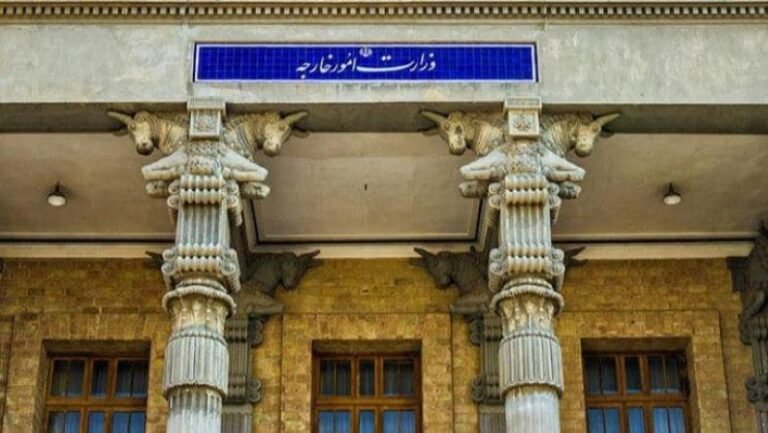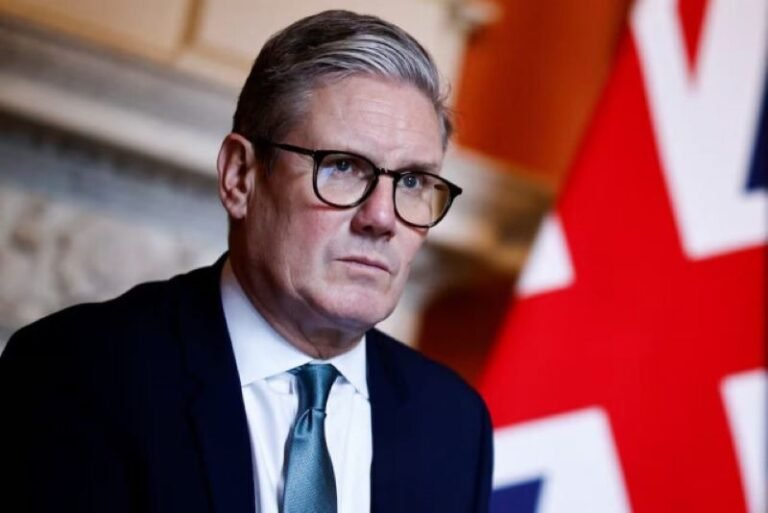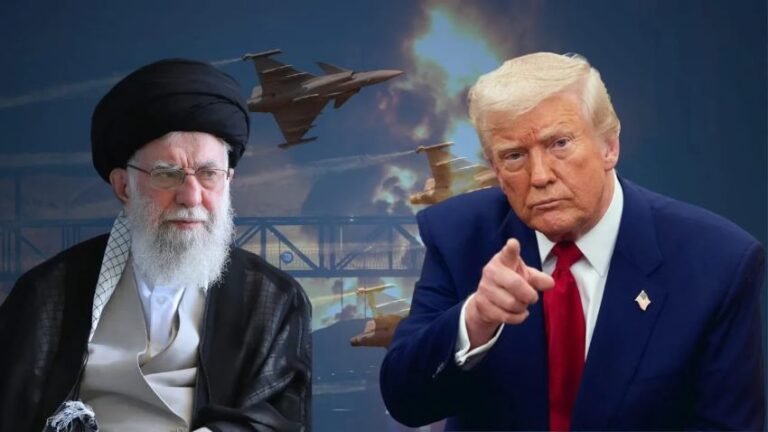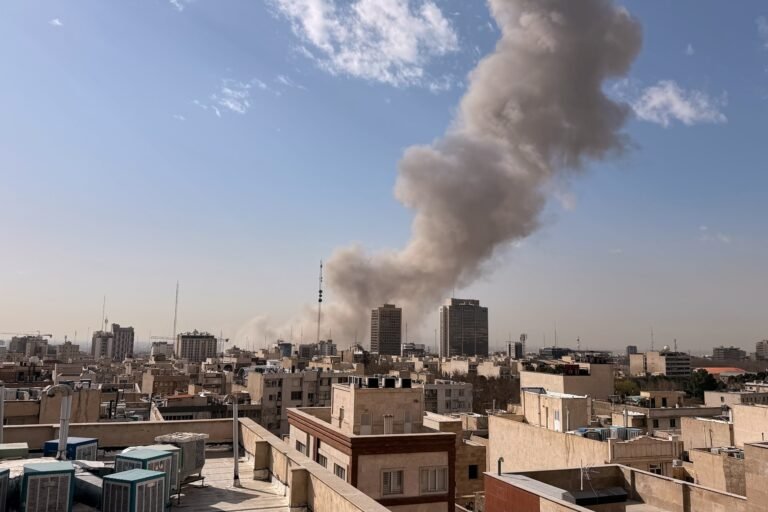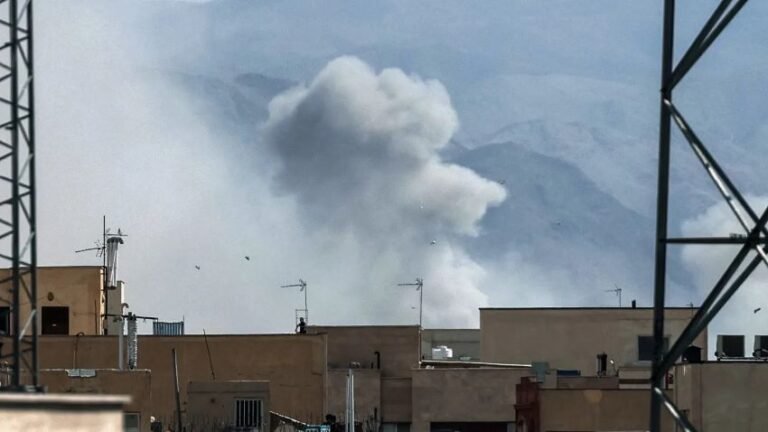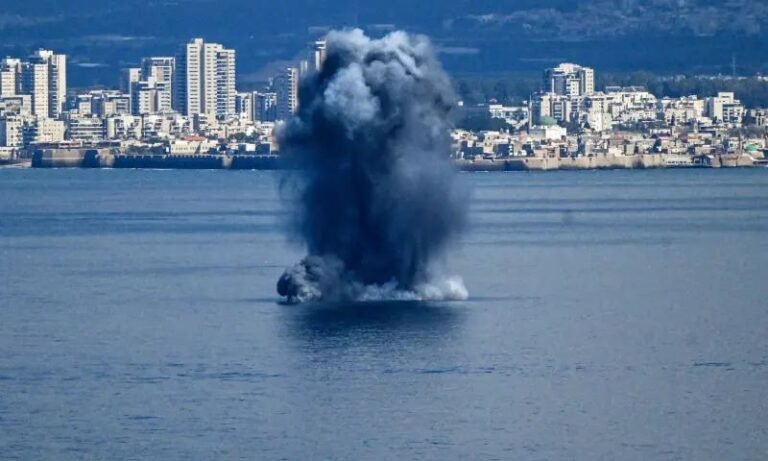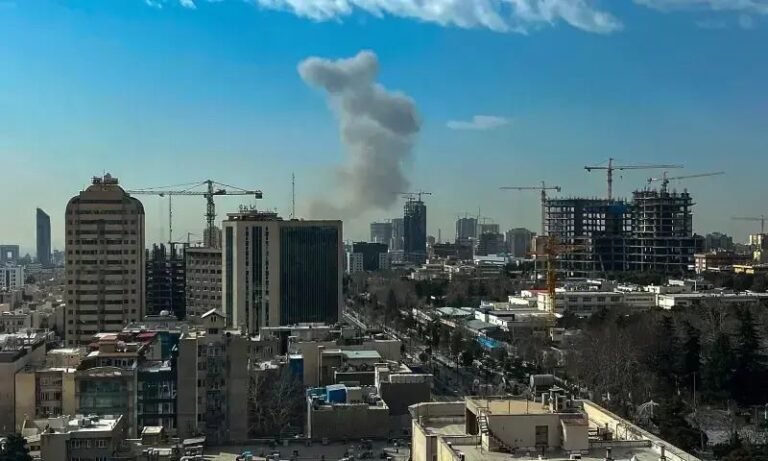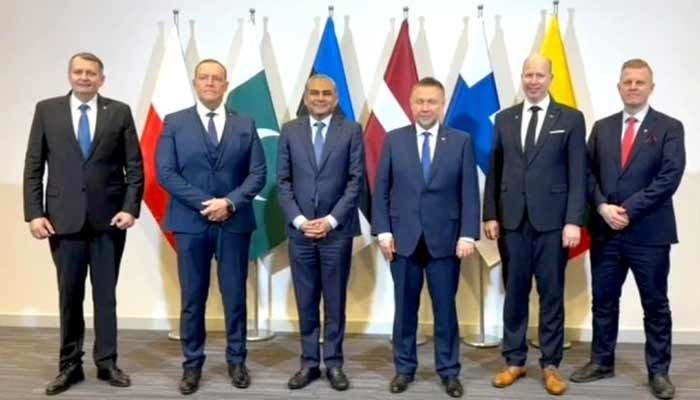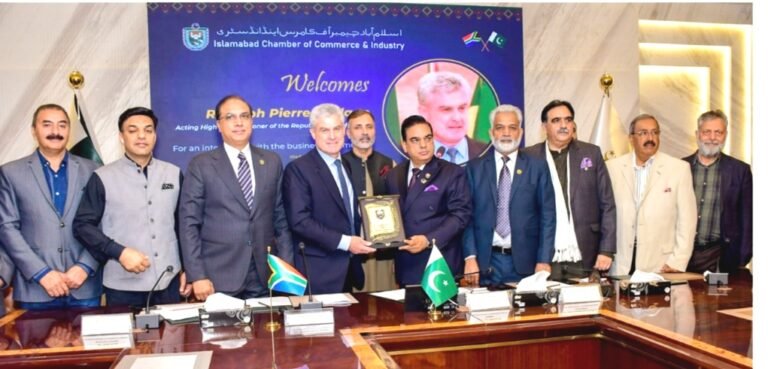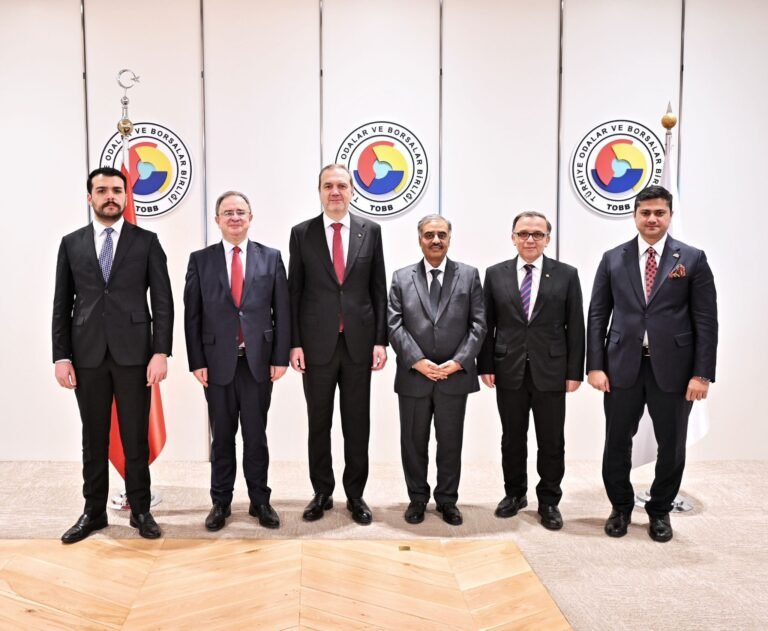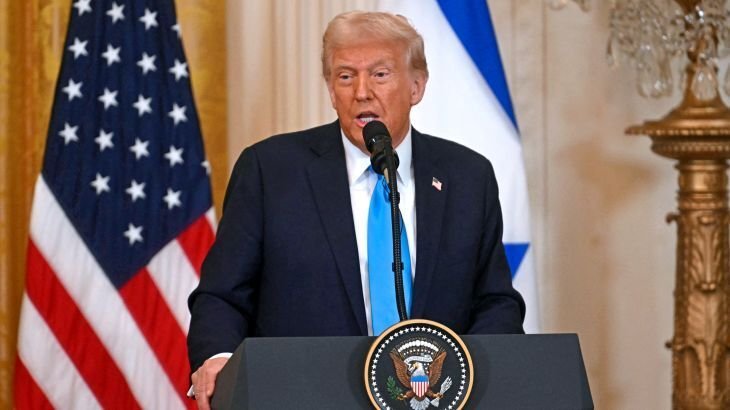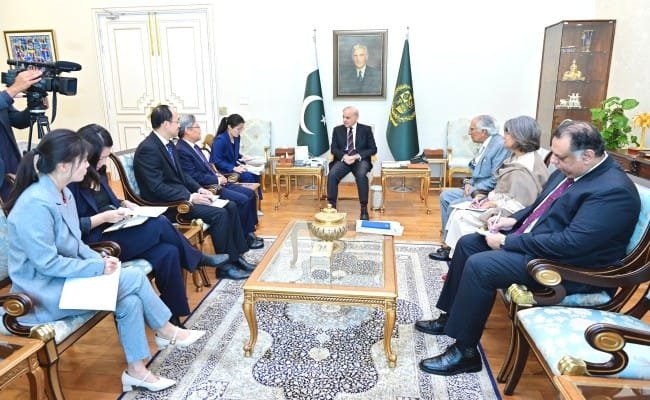“Kofi Atta Annan was both one-of-a-kind and one of us”
The world in Post Cold war era shifted from traditional to nontraditional security concerns which affected the United Nations (UN). Kofi Atta Annan as the seventh General Secretary of the UN responded to these shifts by placing “human beings” at the center of global social progress.
He made the individuals an end rather than means. He presented a very different notion of war to the world. He proposed an idea of war against poverty, the war against illiteracy, the war against malnourishment, not of war against a hegemon or one against the rising power. Kofi Annan described the relation of global governance with globalization very precisely.
Kofi Atta Annan’s idiosyncratic role in the UN helped to avoid the divide between the rich and the poor. His core idea was that an interconnected world requires economic justice, peace, and human rights. He was a voice of morality and solidarity.
“I have Seen War on land and sea
I have seen blood running from the wounds
I have seen the dead in the mud
I have seen cities destroyed
I have seen children starving
I have seen the agony of mothers and Wives
I Hate war”
CONTRIBUTIONS OF KOFI ATTA ANNAN
Kofi Atta Annan as the seventh General Secretary of the United Nations (UN) was very influential. He served from 1997 to 2006. He was born in the City of Kumasi in Ghana and left the world in 2018 as a humanitarian and peacebuilder. He urged for new reforms for efficient governance of the globe.
A SWIFT CHANGE TO NON TRADITIONAL SECURITY CONCERNS
He had been very vocal about social and economic advancement and its impact upon the political lives of individuals. Hence, a wide range of his contributions is seen where the progress of individual lives is the focus.
Human Rights Council
Human Rights Council is an organ of the UN, which was founded in March 2006. The main purpose attached to it is the preservation of human rights and to ensure that individual rights across the globe are protected.
Kofi Annan was a stern advocate of human rights; through the platform of the UN, he had raised his voice. On the first session of UNHCR, Kofi Annan delivered a tremendous speech, while remembering the genocide of Rwanda.
“We must never forget our collective failure to protect at least 800,000 defenseless men, women, and children who perished in Rwanda 10 years ago.
Such crimes cannot be reversed.
Such failures cannot be repaired.
The dead cannot be brought back to life.
So what can we do?”
He introduced the new reforms by calling the international community to work on the issue of human rights. The remembrance of the Rwanda genocide gave an initial impetus to the concerns on the issue of human rights.
As genocide is the killing of innocent human lives on the basis of ethnicity, religion, and race. This mostly happens during the event of war. Since it’s an intended activity during the war so, Annanmade efforts to prevent the conflicts of armaments.
“Human lives are the most precious of everything”, therefore, every means to secure human life must be ensured. In the first place, armed conflicts must be prevented but in case it fails then the second priority must be to ensure the lives of civilians.
While keeping in view the Rwanda genocide and impunity granted to the respective President, the actors involved in the genocide must be held accountable by International Criminal Court.
Kofi Atta Annan also suggested forming a new position of Special Advisor on genocide, which will work in coordination with the High Commission to prevent any such happening in the future and also to avoid the massive humanitarian crisis.
Peacebuilding Commission
Kofi Atta Annan persuaded the global actors to establish an intergovernmental advisory body, a peace-building commission to cope with the changing dynamics. Even the inaugural session was presided over by Kofi Atta Annan.
The function of this new organ as defined by Annan was to promote a more sustained, coherent, and cohesive peace as well as provision of support to the states facing conflicts.
One of the ideas behind the creation of this commission was the lack of resources and funds for post-conflict reconstruction. The commission would be an epitome of ‘hope’ and ‘perseverance’.
The body will assist the states who are struggling for maintaining peace in their societies. The international community has been successful in achieving this after a long road of struggle.
Millennium Development Goal
The work of Kofi Atta Annan on the Millennium Development goal is a milestone. The following are the eight Millennium Development Goals opted “to eradicate extreme poverty and hunger; to achieve universal primary education; to promote gender equality and empower women; to reduce child mortality; to improve maternal health; to combat HIV/AIDS, malaria, and other diseases; to ensure environmental sustainability; and
to develop a global partnership.”
By propagating these Millennium Goals, he left a very robust legacy on the international level that transformed the traditional security issues and made the international organization individuals-centric.
When it came to the implementation of these goals, Annan very blatantly declared the renewal of the UN since, it’s the platform through which these goals can be pursued, therefore it needs structural reforms to strengthen its efficiency.
Being the Secretary-General of the UN, many reforms on the organizational forum had been taken by him. He not only wanted to make the UN, a transparent organization for its member states but also wanted the public, and individuals to put their faith in this body.
Combating Poverty and Hunger
Kofi Atta Annan extends his argument by asserting that 1 billion individuals in developed countries earn almost 60% of the world’s income, whereas3.5 billion people in developing countries contribute to less than 20% of the world’s income. There is this very widening gap that exists between and within the states.
At the Millennium Development Summit 2000 Kofi Annan called the leaders of all the states, governments of the member states to alleviate the poverty by reducing its volume to a minimum level by2015.
He summoned the international community to meet this date and eradicate poverty from each region and every country. He contended the role of civil society in the alleviation of global poverty saying that,
“History will judge political leaders in the developing countries by what they did to eradicate the extreme poverty of their people—by whether they enabled their people to board the train of a transforming global economy, and made sure that everyone had at least standing room, if not a comfortable seat. By the same token, history will judge the rest of us by what we did to help the world’s poor board that train in good order.”
Universal Primary Education
The primary focus of Kofi Atta Annan had been on the provision of education particularly in the most deprived or poor countries. This agenda was being placed at the core of his development program.
The new changing circumstances want the people to acquire more education. It had been revealed that for the maximum contribution in the field of the global economy, there is a dire need to contribute in the field of education. All the global powers that had excelled today are having a greater literacy rate.
Poverty in the third world is a hurdle in the development of education there, it impedes its growth. The children have been sent to urban areas to earn their living.
Labor International Organization must be working to perform its critical role to overcome child labor because the interest of many children deviates towards earning rather than learning, so this must be stopped.
Gender Equality and Women Empowerment
Kofi Annan had been very vocal in minimizing the gender gap by promoting gender equality and women empowerment. While highlighting the role of women in the arena of education, he pointed out that the ratio of women is relatively lower than men.
One of the major causes of this inequality is the prevailing social stereotypes. Due to poverty, schooling in most of the developing nations has become so expensive that it goes out of reach of the common man.
Many parents end up keeping their daughters at home and stop sending them to schools and other educational institutions. To overcome this gap, the governments of the states must be provided assistance to the developing states by the developed states.
Moreover, the organ of the United Nations, UNICEF must play its role in cooperation with developed nations to promote uniform education between men and women. This very principle of gender empowerment and healthcare of women had been inculcated into the Millennium Development Goals of 2000.
War on AIDS
Globalization impacted not only international security but its more significant implications are seen on the health issues regarding epidemic diseases like HIV. It has emerged as a major threat to the lives of people living in the regions of Sub Saharan desert, Africa, and Asia.
Today the under development in the world is not due to a monolithic cause of war and high politics, but the rise of pathogenic viruses particularly HIV. The countries which are more vulnerable to this virus are mostly underdeveloped. Therefore, he united the leaders of the world and in particular, the leaders of Africa and Sub-Sahara to involve the local community in the prevention of endemic diseases.
The greatest contribution which Annan made was clearing the role of women in the awareness of HIV prevention by raising their voice against the health issues which heal these issues and by mutual consent in sexual relations.
He has very tremendously changed the notion of war and brought it to the health issue by asserting that “let’s prevent the scourge of AIDS”. This had been a marvelous contribution of Kofi Annan what with the way he transformed the thinking of the world.
Environmental Sustainability
Violence is not necessarily when State A militarily wages an attack on State B, but violence is also when the weaker state faces an environmental threat from a powerful state.
By signing Kyoto Protocol in 1997, the UN urged the member states to control the emission of greenhouse gases. Annan made an argument on the platform of the UN, that most of the industrialized, developed states emit greenhouse gases which add to climate change, and the underdeveloped states are victims of this increasing industrialization.
Therefore, the emission of such toxic gases should be monitored and international communities should raise their concerns over it. He suggested the use of environment-friendly techniques and technology for the preservation of the environment and the idea of “MORE CROP PER DROP.”
“MORE CROP PER DROP” is a more efficient, environment-friendly method of boosting a state’s economy and keeping the underdeveloped states safe, and helping them combat poverty. For his contributions in the area of environment and climate change, he was awarded the Global Award.
CONCLUSION
Kofi Atta Annan was an advocate of placing “human development” at the center of global governance. Being born in Ghana, in the sub-region of West Africa, there is an overlap of his “idiosyncrasy “with his “leadership” role.
The region where he was being born and was brought up had a great influence when he looked towards better governance. He had seen the discrepancies, the grievances, and the miseries of the people. When he talks about women’s empowerment, he had been an exponent of the agonies residing in the hearts of women.
Their role in African agriculture, the plight of their misery, early marriages, malnutrition, adolescent pregnancies, set the legacies for the next generation. When he showed his concerns about health issues specifically about HIV/AIDs that’s because he had been an eyewitness to the people living in underdeveloped countries suffering from such pathogenic diseases.
When he called the international community to be blatant about climate change and environmental issues, it is because he had seen the way this divided world where the powerful states are making progress at the expense of developing nations. He changed the notion of war in today’s world.
The notion of war advocated after 1945 was preventing the military confrontation between two states. Rather today’s war is about hunger, pollution, poverty, climate change, humanitarian crises.
Kofi Atta Annan was a man of extraordinary intelligence. His legacy will continue to urge the world to move forward. He helped to prevent the world from blowing itself apart. The world needs leaders like Kofi Atta Annan more than ever.
*The writer is a Research Fellow at the Institute of Peace and Diplomatic Studies and The Diplomatic Insight
*The views expressed in this article are the writer’s own and do not necessarily reflect the position of the institutions.



